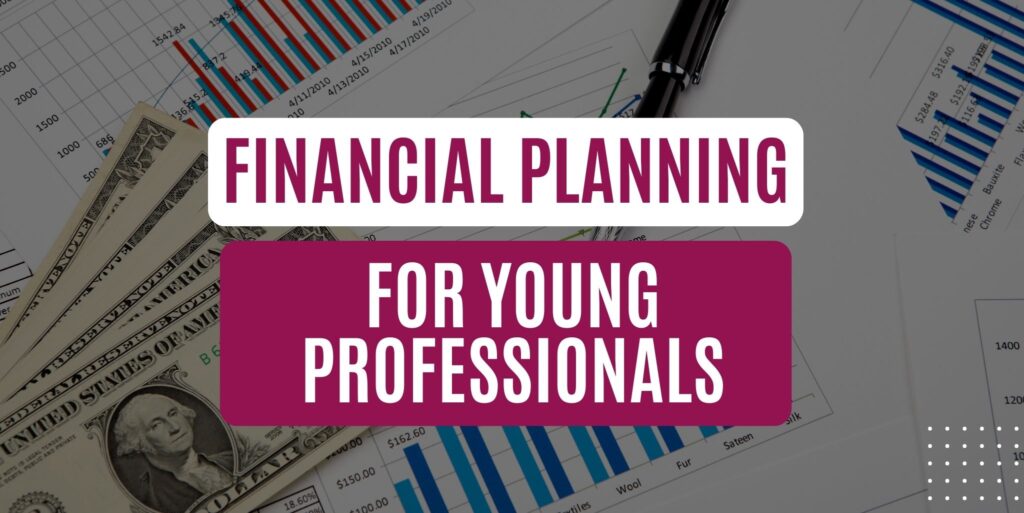Memory plays an important role in learning, retaining information, and achieving success. There are many ways to improve your memory. Retention of information, learning new things, and success all depend on memory. However, a lot of students have trouble remembering things, which makes studying and tests difficult. Anyone who is prepared to put in a little work can improve their memory and concentration. You can train your brain to recall things better, like you can develop your muscles via exercise. Ready to explore? These ten simple strategies will help you improve your memory so that you can study more effectively and efficiently.
10 Tips to Improve Your Memory
- Active Learning:
Instead of passively consuming the information, active learning involves actively participating in it. Engage in active learning rather than passive reading and listening. Write a personal summary of the most important ideas, ask for clarification, and develop connections between newly learned material and what you already know. Actively engaging with the material promotes deeper processing, which leads to better retention and recall.
- Use Mnemonics:
Mnemonics are techniques for remembering that make connections or patterns in your mind to help you recall things more quickly. Mnemonic devices include acronyms, in which a word or idea is represented by each letter, visualization techniques, in which you build up vivid images in your mind, and rhymes or songs to help in memorizing lists or sequences. Mnemonics facilitate later memory by linking new knowledge to something recognizable or simple to remember.
- Practice Retrieval:
Actively retrieving information from memory is called retrieval practice, and it can be done with flashcards or by self-testing. Self-assessment on a regular basis improves memory retrieval pathways and helps in learning retention. Learn to remember knowledge without consulting your notes, and gradually increase the frequency at which you repeat the content by using spaced repetition. Retrieval practice not only enhances memory recall but also identifies areas that need further review.
- Prioritize Sleep:
Memory consolidation, or the process of transferring newly learned information from short-term to long-term memory, depends on getting enough good sleep. For the best possible memory retention and cognitive performance, aim for 7-9 hours of sleep each night. For better peaceful sleep, maintain a regular sleep schedule, establish a calming bedtime ritual, and refrain from coffee and gadgets right before bed.
- Stay Physically Active:
Regular exercise improves memory and other aspects of cognitive function in addition to your physical health. Walking, running, or cycling are examples of aerobic exercises that can improve blood flow to the brain and promote the development of new neurons. To benefit from the cognitive effects, try to get in at least 30 minutes of moderate-intensity exercise most days of the week.
- Eat Brain-Boosting Foods:
Memory retention and the ideal cognitive function can be supported by a well-balanced diet high in nutrients that help the brain. Incorporate into your diet foods rich in antioxidants (like berries and leafy greens), omega-3 fatty acids (like salmon and walnuts), and vitamins E and B (found in whole grains, nuts, and leafy greens). Reducing sugar, junk food, and saturated fats can help to improve cognitive performance.
- Manage Stress:
Chronic stress can make it harder to learn and damage memory. Reduce stress and enhance cognitive function by using stress-reduction strategies such as progressive muscle relaxation, deep breathing exercises, and mindfulness meditation. To improve general well-being and memory, give self-care activities like hobbies, socializing, and relaxation a top priority.
- Stay Organized:
Effective learning and memory retention depend on the organization. Make well-organized study schedules that divide difficult information into manageable portions and establish appropriate goals for each study session. Keep your notes well-organized and at your fingertips to stay on top of your studies. You can also use digital apps, planners, and calendars. Create a regular study schedule and follow it to stay disciplined and consistent.
- Use Visualization:
Visualization is the process of representing information or concepts using vivid mental representations. Information is more straightforward to remember and more easily recalled when it is visually represented. Shut your eyes and see the content as a sequence of pictures or scenarios. To illustrate difficult concepts, make mind maps or visual diagrams. Engage all your senses in the visualization process to make the mental images as vivid and detailed as possible.
- Teach Others:
Teaching others is one of the best methods for continuing understanding and reinforcing learning. Try explaining ideas or facts to a study group, tutor, or peer, or picture yourself imparting the knowledge to someone else. You are forced to clear out your concepts, arrange your thoughts, and pinpoint any knowledge gaps when you are teaching. It also allows you to get clarification and feedback from others, which can improve your learning even more.
Conclusion:
Improving memory is a skill that can help students significantly in their studies. Students can enhance their memory capabilities and achieve better academic outcomes by implementing evidence-based tactics including active learning, mnemonic devices, retrieval practice, and lifestyle adjustments. Recall that patience and commitment are the secrets to long-lasting gains in memory function. By implementing these effective strategies, students can confidently conquer their exams and excel in their studies.
Written by: Adeeba Shah



